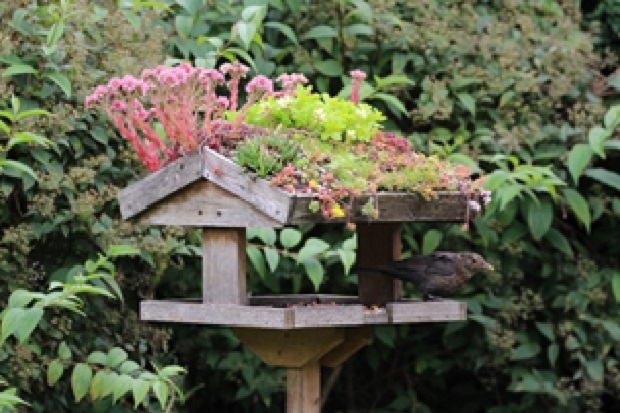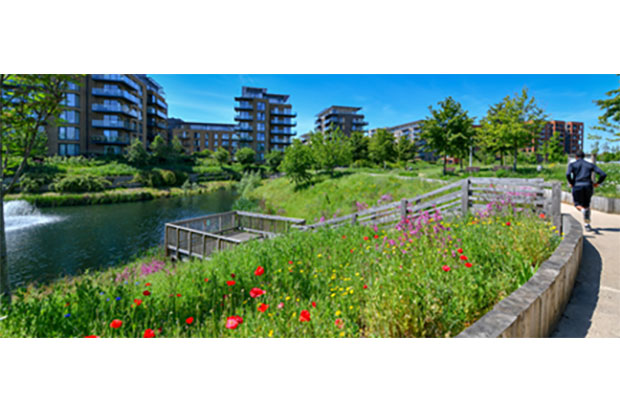Biodiversity Net Gain (BNG) is an approach to development which aims to leave biodiversity, as measured by the Biodiversity Metric, in a better state than beforehand. When designed and delivered well, BNG can deliver benefits for nature, people, and places, and for the economy. BNG can be delivered on the development site (‘onsite’), through local compensatory habitat creation (‘offsite’), or by paying for ‘credits’ to fund national habitat creation.
The Environment Bill, which is currently passing through Parliament, will make BNG mandatory for most planning applications in England. When in place, the BNG approach will influence the way a wide range of people and organisations work, and it will be vital we have the right digital services to support them. These services will include a public register of biodiversity gain sites and a sales service for statutory biodiversity credits.
NE and Defra are working together to implement BNG, with the digital services project being a core component of this. In late 2020 we started the Discovery phase using a third-party contractor, with support and quality assurance from Defra’s Digital, Data and Technology Services (DDTS). We’re due to start Alpha with a DDTS delivery team in July.

Discovering our users
What did we find out in Discovery? We have such a wide breadth of users! To help us understand them better, we created user personas for our eight main user groups. Their user journeys aren’t straightforward, and weave through the planning system in different ways. There are also numerous touchpoints with other services. Add to this new and emerging business processes, policy and legislation, and our problem space is complex. So, it’s just as well we’re planning an Agile delivery.
During Discovery we identified around 200 user stories and 50 non-functional requirements. Thankfully, we have a project vision and a minimum viable product (MVP) to guide refining this backlog, and triage is in progress. I’m looking forward to the DDTS delivery team joining the NE project team so they can help us refine the backlog ready for work to start.
We also found out how important it is to build a collaborative team. This was a challenge with our multi-organisational Discovery team of NE, Defra, DDTS, and contractors, particularly as we were all working remotely. You can’t just switch on trust and collaboration. But once we defined roles and responsibilities, and agreed ways of working together, we worked well together and achieved the outcomes we needed.

Let’s get this Alpha started
Alpha is fast approaching. Following Discovery, we assessed our riskiest assumptions and most challenging requirements, and we’re planning to test these in Alpha. I dare say our DDTS colleagues will identify others too. Insights gained during Discovery enabled us to draft a solution architecture vision. Together with the backlog and the MVP, these outputs give us sound foundations for Alpha.
As product owner, a couple of things still make me nervous though. The first is uncertainty. There’s still a lot we just don’t know yet. An Agile approach should bring forward that risk, so we can mitigate it early and adapt if needed. The second is expectation management around how much of the backlog we’ll deliver. This just feels like the Agile equivalent of the scope creep we inevitably get in waterfall projects and clear communication will be key. The backlog will be open, and we plan to be transparent about how we prioritise it. Collaboration between NE and DDTS colleagues during backlog refinement and sprint planning will be essential.
Sitting on the customer side of the fence it’s difficult to know what will happen when the DDTS delivery team land next month. But I do know they’ll be warmly welcomed, and together we’ll build a collaborative and productive team delivering digital services to support improvements in England’s biodiversity.
If you would like to find out more about BNG Digital Services, or if you’d like to get involved, please email us at BiodiversityNGDevelopment@naturalengland.org.uk.

Recent Comments